
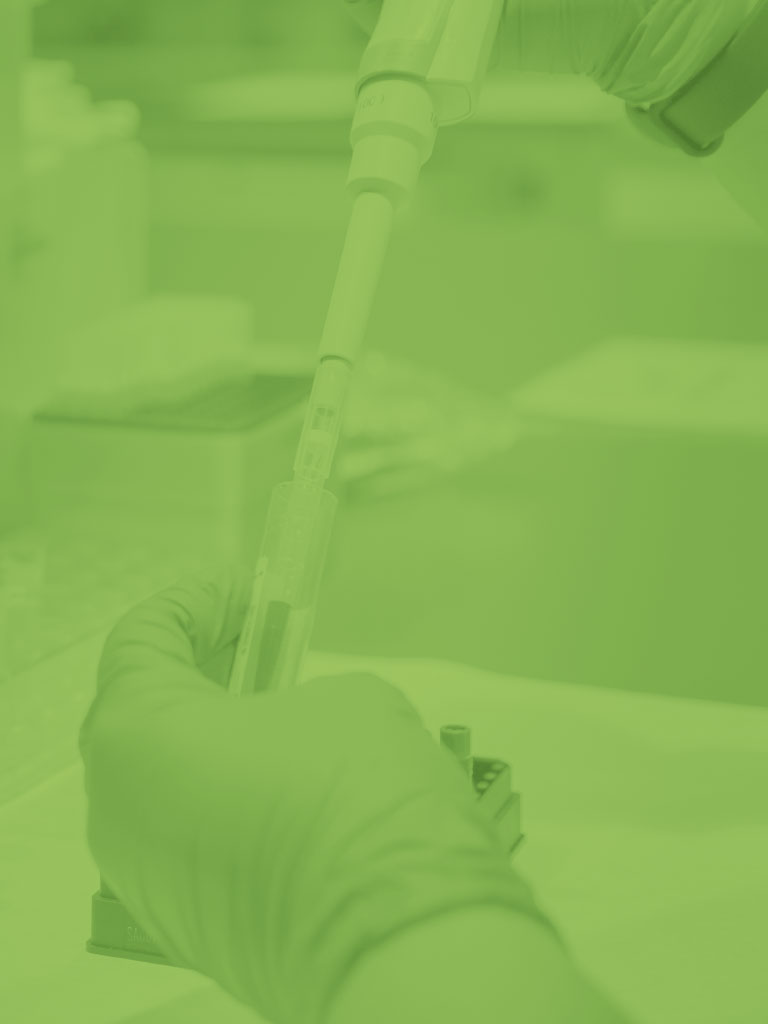
2020
A key year for science.

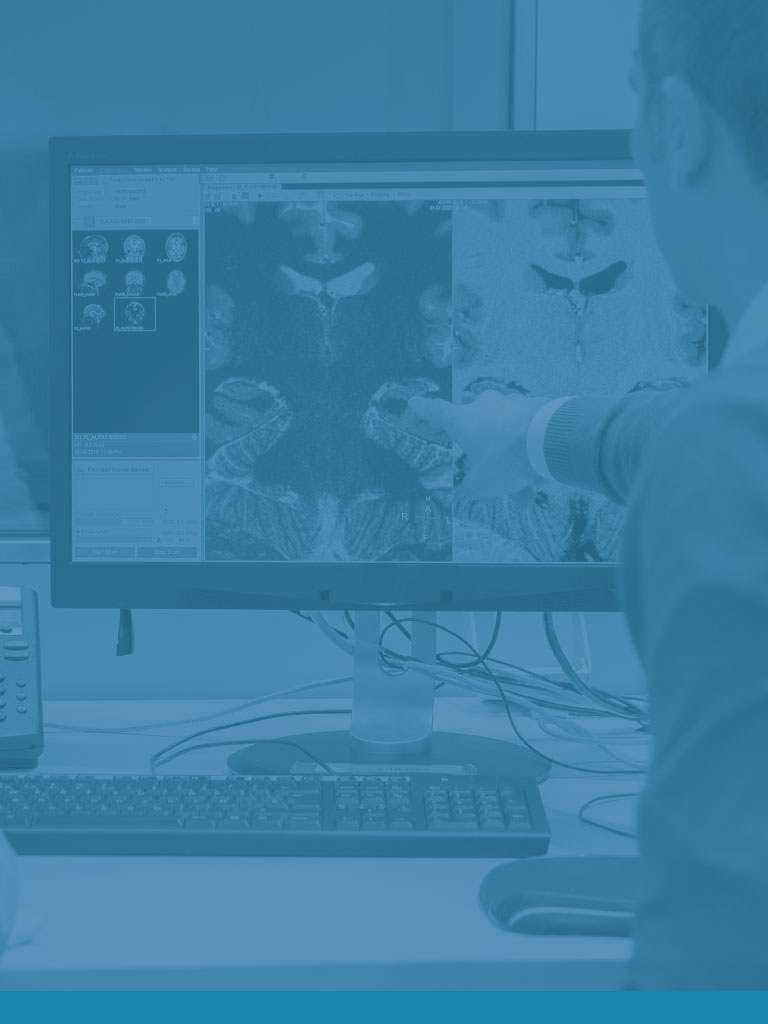
2020
People most exposed to air pollution have greater brain atrophy and less cortical thickness in specific areas of the brain linked to Alzheimer's disease. This was demonstrated by the BBRC researchers in a new study that indicates that people exposed to certain gases and air pollutants have less resilience to Alzheimer's than those more exposed to green areas. + info
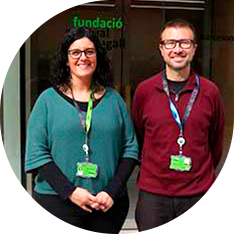
BBRC researchers determined that proximity to parental age of onset of Alzheimer's symptoms is related, in women, to a greater accumulation of the amyloid beta protein, linked to the illness. + info
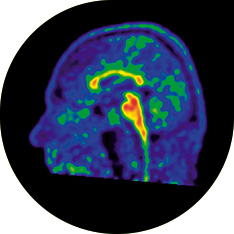
The European Research Council awarded an ERC Starting Grant, endowed with about 1.5 million euros, to Dr. Marc Suárez-Calvet, neurologist and BBRC researcher, to lead the project Hebe. The aim of the research is to analyze whether factors circulate in the blood that may have a rejuvenating effect on the brain. + info
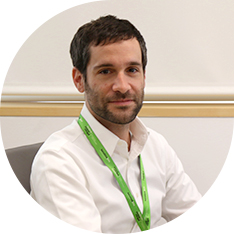
BBRC researchers proved that some biomarkers recently described for diagnosing Alzheimer's in the dementia phase can also detect the initial phase of the disease in blood plasma and cerebrospinal fluid . The finding opens the door to developing new forms of preclinical Alzheimer's detection and enriching the selection of participants for studies. + info
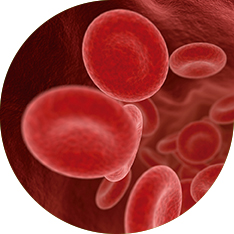
A study carried out by the BBRC revealed evidence that people with sleep disorders have poorer cognitive performance and lower volume in some brain regions linked to Alzheimer's disease. Based on the results of this research, the Alfa Sleep research project was started to deepen the association between different sleep parameters and the risk of developing Alzheimer's. + info
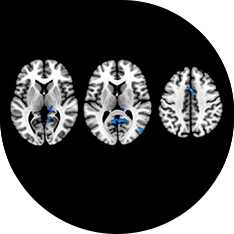
People most exposed to air pollution have greater brain atrophy and less cortical thickness in specific areas of the brain linked to Alzheimer's disease. This was demonstrated by the BBRC researchers in a new study that indicates that people exposed to certain gases and air pollutants have less resilience to Alzheimer's than those more exposed to green areas. + info

More than 900 people without cognitive impairments participate in the project to evaluate the effects of home confinement on mental and brain health, and study other factors that mitigate or aggravate its impact . Research will pay special attention to Alzheimer's-related brain changes and the impact of confinement on people caring for a dependent or special needs loved one. + info

BBRC researchers determined that proximity to parental age of onset of Alzheimer's symptoms is related, in women, to a greater accumulation of the amyloid beta protein, linked to the illness. + info

BBRC researchers offered 3 outstanding research sessions, 4 oral presentations and 16 scientific posters at the Alzheimer's Association International Conference (AAIC 2020), the world's leading congress of the research in Alzheimer's. + info
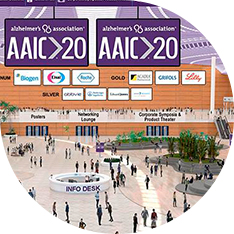
The European Research Council awarded an ERC Starting Grant, endowed with about 1.5 million euros, to Dr. Marc Suárez-Calvet, neurologist and BBRC researcher, to lead the project Hebe. The aim of the research is to analyze whether factors circulate in the blood that may have a rejuvenating effect on the brain. + info

The BBRC won the award for excellence in human resources for research awarded by the European Commission. With this recognition, the center shows its adherence to the principles set out in the European Charter for Researchers and the Code of Conduct for the Recruitment of research staff. + info
BBRC researchers proved that some biomarkers recently described for diagnosing Alzheimer's in the dementia phase can also detect the initial phase of the disease in blood plasma and cerebrospinal fluid . The finding opens the door to developing new forms of preclinical Alzheimer's detection and enriching the selection of participants for studies. + info

Budget
11.565.308€
Pasqual Maragall Foundation
7.241.947€
BBRC Research Center
4.323.361€

63%Pasqual Maragall Foundation
37%BBRC Research Center
| Total income | 11.565.308€ |
| Current income | 11.449.856€ |
| Patrons, partners and donors (60%) | 6.861.005€ |
| Research projects (37%) | 4.184.075€ |
| Income from clinical trials (2%) | 233.168€ |
| Public advocacy and institutional relations, social area and outreach (1%) |
171.608€ |
| Capital grant income* | 113.108€ |
| Financial income* | 2.344€ |
| *Not included in the chart |
| Total expenses | 11.236.540€ |
| Current expenses | 11.171.219€ |
| Research programs (61%) | 6.868.291€ |
| Investment in the network of partners and donors (20%) | 2.207.093€ |
| Communication and awareness (10%) | 1.126.316€ |
| Public advocacy and institutional relations, social area and outreach (5%) | 502.541€ |
| Administration (4%) | 466.978€ |
| Financial expenses * | 65.320€ |
| *Not included in the chart |

Partners

Solidarity
initiatives

Companies on the Patronage Council
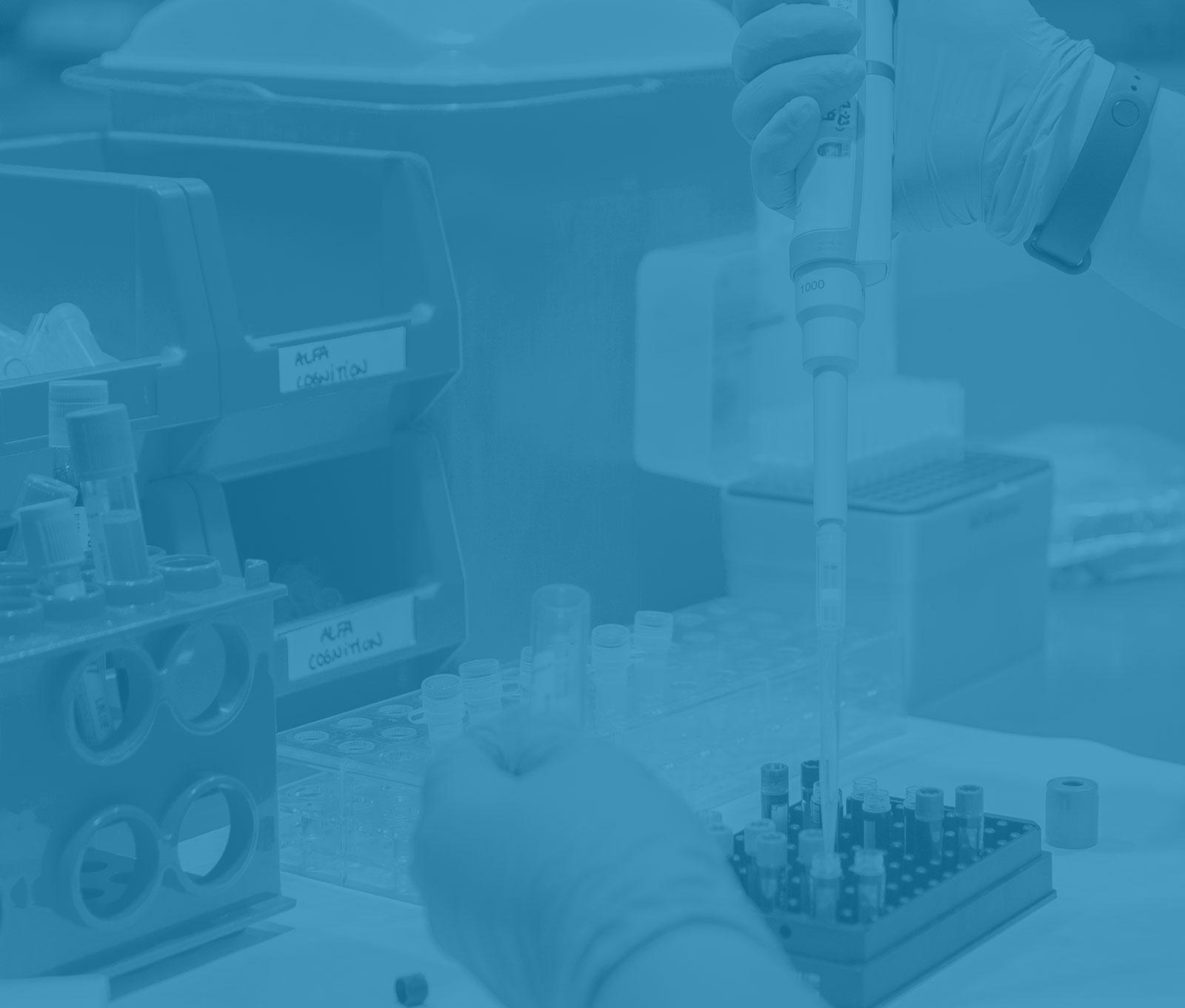
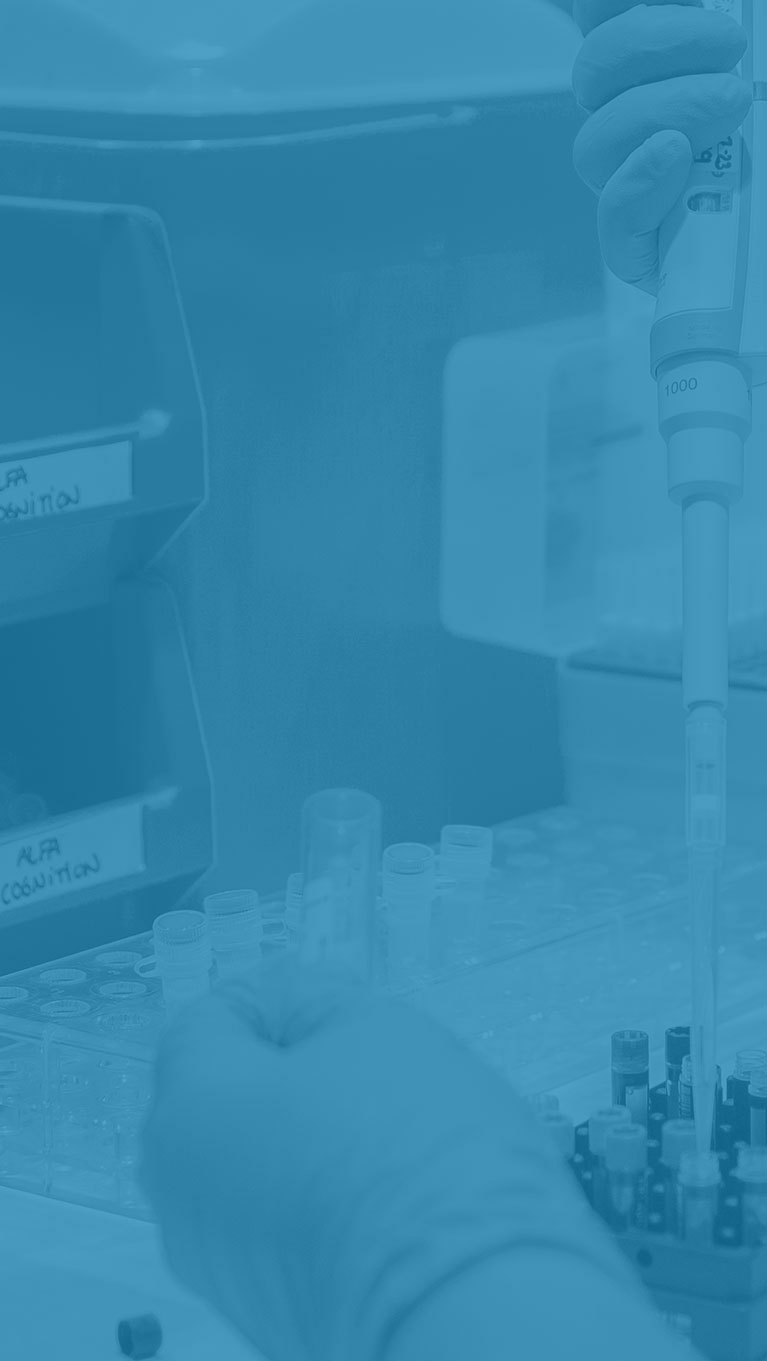
The BBRC's Alzheimer's Prevention Program is dedicated to research in the prevention of Alzheimer's and healthy aging from a clinical, cognitive, genetic, and neuroimaging and biomarker perspective. The program is structured in two multidisciplinary groups that collaborate closely: the Clinical Research Group, Biomarkers and Risk Factors, and the Neuroimaging Research group.
Articles published
in prestigious
scientific journals
Published in
Q1 magazines
Published in
D1 magazine
 Scholarships and competitive grants
Scholarships and competitive grants Studies
StudiesThe Alfa Study is a research platform dedicated to identifying biomarkers and risk factors for Alzheimer's, which stands out internationally for its number of participants and the large volume of information available on them. Launched in 2013 thanks to the encouragement of the “la Caixa” Foundation, it is made up of more than 2,700 participants without cognitive alterations, between 45 and 75 years old, most of whom are sons and daughters of people with Alzheimer's. Participants in the Alfa Study are invited to take part in research projects such as the Alfa + Study, in which 584 visits were carried out in 2020, or Alfa Sleep, which plans to include participants in 2021.
HeBe is a new research project starting in 2021 and led by Dr. Marc Suárez Calvet, under the umbrella of the prestigious European ERC Starting Grant. Although we know that aging is the main risk factor for the development of Alzheimer's and other neurodegenerative diseases, the mechanisms behind this association are still unknown. The main objective of HeBe is to investigate these mechanisms by identifying brain rejuvenation factors in the blood to use them as therapeutic targets for Alzheimer's disease.
The PENSA Study, led by the BBRC and the Hospital del Mar Medical Research Institute (IMIM), is a clinical trial that aims to study whether it is possible to slow down cognitive decline in stages prior to the onset of dementia through promotion of healthy lifestyle habits and the intake of epigallocatechin gallate (EGCG), a natural component of green tea. In 2020, 358 participants were recruited.
The Clinical Research Unit in Dementia Prevention is a BBRC project that studies the risk and biological bases of developing dementia within five years. The study provides the 300 participants with a personalized action plan to try to reduce their risk. In 2020, a total of 608 visits were made to study participants.
In 2020, the BBRC participated in four consortia that bring together institutions from around the world in Alzheimer's and dementia research.
This was the year in which we started the study Fully automated plasma assays as screening tests for Alzheimer-related amyloid beta (Aβ) pathology together with the University of Göteborg, the University of Lund and Roche Diagnostics International; and we closed the EPAD project, with a large database with clinical, cognitive, neuroimaging and biomarker information available to the scientific community.
On the other hand, we continue to actively work on the two studies of the AMYPAD project, and we continue with the TRIBEKA initiative, together with the University of Edinburgh.


During 2020, despite the pandemic situation, we continue to offer support to affected families by adapting our program of therapeutic groups for caregivers and we publish numerous articles with advice to face confinement due to COVID-19 with people with Alzheimer's. Likewise, we continue to promote outreach and awareness by offering talks, training and awareness actions.
 Actions
Actions
The Pasqual Maragall Foundation, in its commitment to make Alzheimer's disease a priority, prepared the survey ”Attitudes and perceptions of the Spanish population about Alzheimer's”, which revealed that 2 out of 3 Spaniards have or have had in their environment to a person with Alzheimer's, and that this is the health condition that, together with cancer, worries the population the most.
LaThe Pasqual Maragall Foundation, with the support of the “la Caixa” Foundation, promoted the second edition of the 'Life Soundtrack' project, in which fourth-year ESO students (end of Secondary), after a training period, made personalized playlists together with older people with cognitive impairment. Despite the confinement by covid-19, the participants were able to remain in contact through videos with messages of encouragement and video calls.
The objective of the project is to value the beneficial effects of music for emotional well-being, to promote awareness of Alzheimer's disease and to work on intergenerational relationships.
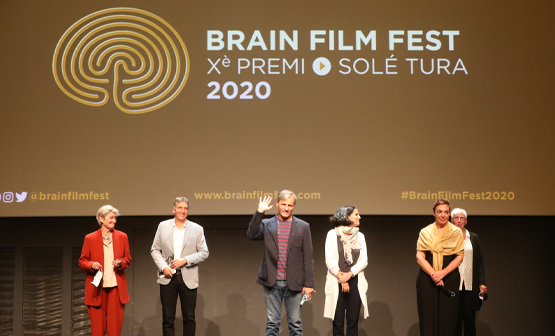
From October 1 to 3, the Center for Contemporary Culture of Barcelona (CCCB) hosted the third edition of the Brain Film Fest, which is promoted and co-organized by the Pasqual Maragall Foundation. It is the only international film festival dedicated to showing and promoting the creation and dissemination of short films about any aspect of the brain, its incredible capacities or also its diseases.
In 2020, a new digital platform for the festival was launched, with a selection of 10 recommended films on FILMIN's own channel, and four streaming sessions were broadcast.
More than 250 short films from all over the world participated in the competition for the IX Solé Tura Prize, finally awarded to the film ”The sense of cocoa.” About 1,000 people registered for the sessions, which consisted of 34 screenings, post-screenings with directors and creators –with the intervention of Viggo Mortensen-, round tables, conferences, workshops and a parallel exhibition.
With the emergence of covid-19, starting in March a series of 14 articles was launched with tips for managing the health crisis situation with people with Alzheimer's.
The Pasqual Maragall Foundation wants to answer the questions about Alzheimer's that affected people, their caregivers, family members and the general public may ask. The medical website certification granted by the Barcelona College of Physicians guarantees the quality of its contents.
 Therapeutic
Therapeutic 19
New
groups
158
Participants

The objective of the therapeutic groups is to offer caregivers the information and tools necessary to understand and accept Alzheimer's disease, to improve their quality of life and, consequently, the quality of care and well-being of people with Alzheimer's at their expense.
As a result of the health situation caused by covid-19, the therapeutic groups were moved online in May. Likewise, during confinement, between March and April 207 individual and telematic emotional support interventions were carried out for caregivers.
During 2020 the social base of the Pasqual Maragall Foundation did not stop growing and closed the year with more than 41,000 partners who are essential to advance the project. In addition, it also had the support of companies and collaborators who promoted solidarity initiatives to continue research on Alzheimer's prevention.
 Collaborators
CollaboratorsOur sincere thanks to the network of partners and donors, and to the entities, companies and professionals that have supported our research through their contributions and collaborations. Our recognition also to all the volunteers who dedicate their time to us and help us in the organization of actions and events.
 Partners
Partners41.200
Partners
Solidarity in 2020 did not stop. More than 7,000 people joined our project, propelling us with their commitment to a future without Alzheimer's.
¡With them, there are already 45,000 partners, partners, donors, patrons, initiatives and solidarity legacies willing to make it happen. Originality and reinvention prevailed in this unusual year as well, and people and organizations across the country gave their support with new and unforgettable fundraising ideas to beat Alzheimer's
On December 4, 2020, Jaume Rigo undertook the challenge of running 150 kilometers without stopping to raise awareness about Alzheimer's in his entire town, Son Servera (Mallorca). In addition, he proposed to join efforts to defeat the disease and obtained more than 6,000 euros for his research.
A group of Cementos Molins workers who are fond of mountain biking decided to link their sporting challenge to the solidarity challenge of raising funds for Alzheimer's research, and managed to raise a total of 1,154 euros.

In 2020 we started a new project: unforgettable shops and pharmacies. The pandemic came to halt its progress, but despite this, 93 solidarity establishments joined the project. Thanks to the solidarity of these entrepreneurs and small freelancers, their businesses and businesses are unforgettable, and they wear a seal that identifies them as such to their customers and users.
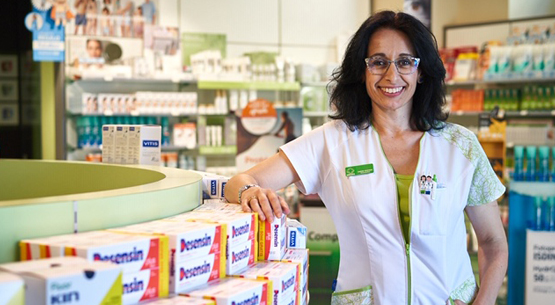
2020 was also the year of cancellations. Weddings and celebrations were postponed overnight. Even so, some people adapted their celebrations to the situation and we managed to raise 15,000 euros for the research thanks to them.
For the first time, we promoted the sale of numbers from the National Lottery Christmas Draw with a donation to benefit research projects to defeat Alzheimer's. In this first year we raised 5,649 euros.
In 2020, more than a hundred people were interested in bequeathing to the next generations a future where they can grow old with dignity, fully enjoying this stage of life. At the Pasqual Maragall Foundation we have paid more than 250,000 euros thanks to the solidarity will.